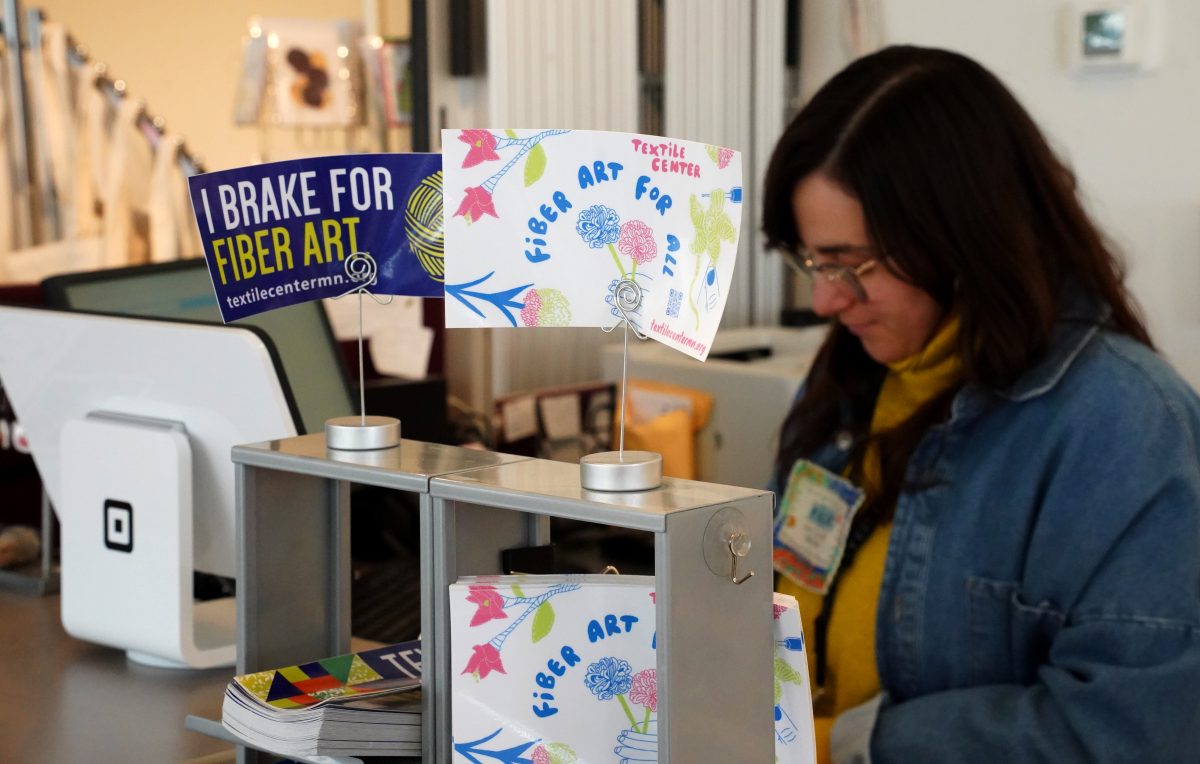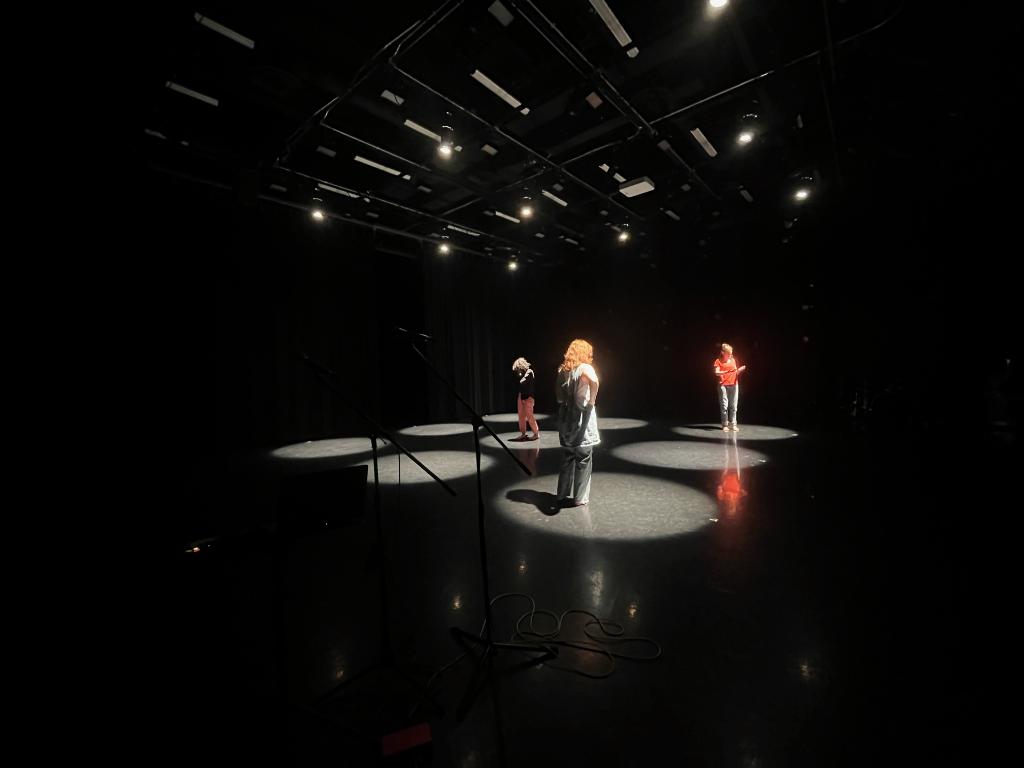While shopping at the Electric Fetus years ago, Eric Foss had an epiphany.
“I stood in the middle of the store, and on one side of me was the vinyl section and on one side was the CD section,” Foss said. “Generally speaking, someone would walk into the CD section, walk up to a bin, grab a CD and walk to the counter. When you look at the vinyl section, people are just flipping. I stood there for 20 minutes and watched multiple people start at one end of the vinyl [bins] and work their way to the other end.”
That moment inspired Foss to co-found Secret Stash Records in 2009, which has since become Minneapolis’ most prominent reissue label, known for uncovering lost R&B and Afrobeat albums. They’ve also made a name for resurrecting artists’ careers, most notably Sonny Knight.
The 5-year-old label remains true to its vinyl-centric roots, with records as a primary part of its allure, but it has since added CDs as a distribution medium to reach a broader audience.
After graduating with a music business degree from the McNally Smith College of Music, Foss worked a series of uninspiring corporate record jobs after college. Compiling albums he loathed was the impetus for setting out on his own.
“We were doing budget releases for Wal-Mart and Borders,” Foss said. “They would come and say, ‘We need a collection of Irish pub songs for St. Patrick’s Day,’ and we would record that in a home studio that I was running, and we’d sell them CD copies of it. It’s not the most satisfying way to make a living — it’s better than punching a clock somewhere else, but they’re not records you’re proud of.”
But since co-founding Secret Stash, Foss has released albums simpatico with his taste in music (he’s a fan of funky, simplistic masterpieces like Miles Davis’ “Kind of Blue” and Sly & the Family Stone’s “There’s a Riot Goin’ On”).
A compilation release called “Twin Cities Funk & Soul,” which features rare, local grooves predating Prince and the Minneapolis Sound, is the album that put Secret Stash on the map. For the label’s staff, the research for the album was as enthralling as its release.
“There [were] all these opportunities to go out and meet people,” said Will Gilbert, Secret Stash’s vice president of distribution. “That always leads to something new and exciting like, ‘Do you know so-and-so? Have you heard about this project or this record?’ It’s exciting going into a conversation where you don’t know what’s going to come out of it.”
But it was a concert promoting the album at the Cedar Cultural Center that solidified the label’s reputation locally. The concert was revue-style, featuring 27 Minneapolis musicians onstage.
“It took it from being this thing you really need to explain, like, ‘Hey, there’s this old music and someone licensed the rights to it and wrote a bunch of notes about it and manufactured and distributed it,’ to a concert of bands that used to play a lot and now someone put back together,” Foss said.
The concert’s date — Sept. 22, 2012 — is still etched in Foss’ head, as it marked the turning point for Secret Stash. Album quotas increased, but not to unsustainable, unreachable levels many record labels anticipate. Foss asserted that excessive record production exacerbates declining album sales.
“Most labels will try and press 1,000, 2,000, 3,000 records, and they’ll wind up sitting on them,” he said.
Foss didn’t bat an eyelash when disclosing Secret Stash’s production figures.
“It’s thousands once you get into CDs — four, five, 6,000 units,” Foss said. “There’s stuff that we’ve pressed ourselves and then sublicensed out to someone else who’s pressed more. That’s cross-platform, not including digital, distribution.”
Though Secret Stash’s business figures are a rarity among small, boutique labels, Foss’ greatest job perk is spending time with musicians he admires.
The artists Foss works with noted this as well.
“It’s up close and personal,” said Sonny Knight, whose career was reignited due in part to Secret Stash. “I’ve been doing things I’ve never dreamed of, and these guys made it possible. They give me challenges, and I meet them. We’re like a family. As a unit, we care for each other and work at whatever we do.”
These bonds transcend label allegiances. Foss recounted one such instance the last time outspoken Detroit folker Rodriguez stopped into town.
“As soon as you meet him, you’re like, ‘This is a special person,’” Foss said. “He operates in a different space than the rest of us.”
They were listening to records at their old Lake Street headquarters that night, and Rodriguez’s earnest gratitude was a reminder why Foss stays in the music industry.
“He stops [and says], ‘Sometimes in life, you have this feeling that you’re in the right place with the right people. Thank you,’” Foss said. “He was really happy to be there with us — it was a PR tour they had him on, and I’m sure he gets bored of being carted around, and he meets a lot of douchebags who don’t really get it.”























